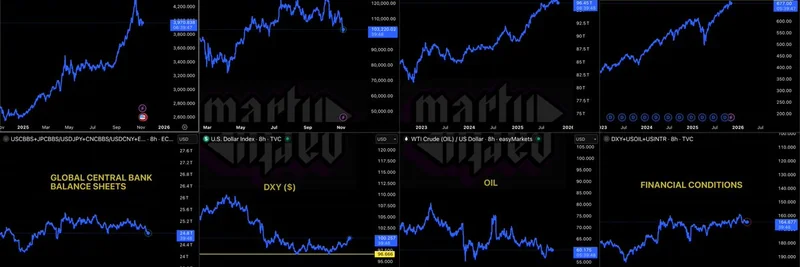In the fast-paced world of decentralized finance (DeFi), stablecoins like USDT and USDC have become the backbone of trading, providing the stability needed for high-stakes perpetual futures (perps) markets. Enter USDH, Hyperliquid's upcoming native stablecoin, which has sparked a frenzy of bids from major players like Ethena, Sky (formerly MakerDAO), Paxos, Frax, and Agora. But amid the hype, crypto commentator Diogenes is pouring cold water on the excitement, suggesting that
🔍 Researching USDH and Hyperliquid
- USDH is Hyperliquid's planned native stablecoin, with a bidding war among issuers.
USDH's launch won't deliver the instant liquidity windfall many are anticipating.
During a recent episode of "Diogenes: The State of Crypto" live stream, hosted by Not Thread Guy, Diogenes dove into the details of the USDH proposal. For those unfamiliar, Hyperliquid is a high-performance decentralized exchange specializing in perpetual contracts, built on its own Layer 1 blockchain for lightning-fast trades. The platform's community is currently voting on which issuer will build and manage USDH, with proposals promising everything from revenue sharing to deep liquidity integrations.
Diogenes, known for his no-nonsense takes on crypto trends, emphasized that while USDH could solidify its role within the ecosystem, the immediate impact is limited. "You don't suddenly get billions in TVL but you get to be the official stablecoin of Hyperliquid," he explained. "Maybe in the future, that also makes you the margin asset for perps, but right now the proposal doesn’t include this. It’s just for the USDH ticker and being considered the Hyperliquid stablecoin."
This perspective comes at a time when Hyperliquid's native token, HYPE, has surged over 12% in the past day alone, fueled by the bidding war. Issuers are pulling out all the stops: Ethena Labs, for instance, has pledged 95% of USDH's net revenue back to the Hyperliquid community, backed by BlackRock's USDtb. Sky, leveraging its $8 billion balance sheet, promises instant USDC liquidity and multi-chain access. Yet, Diogenes argues that these perks are more about long-term positioning than short-term dominance.
For blockchain enthusiasts and traders dipping their toes into perps, this underscores a key lesson in crypto: narrative drives price, but utility takes time to build. USDH could eventually become the go-to stablecoin for Hyperliquid's massive trading volumes—currently handling billions in daily derivatives—but right now, it's about securing that "official" badge of honor.
If you're tracking the USDH vote, set a reminder for Sunday when Hyperliquid validators will decide the winner. In the meantime, check out the full clip from the live stream here to hear Diogenes' full breakdown. As the DeFi landscape evolves, staying grounded in these kinds of discussions can help separate hype from reality.


